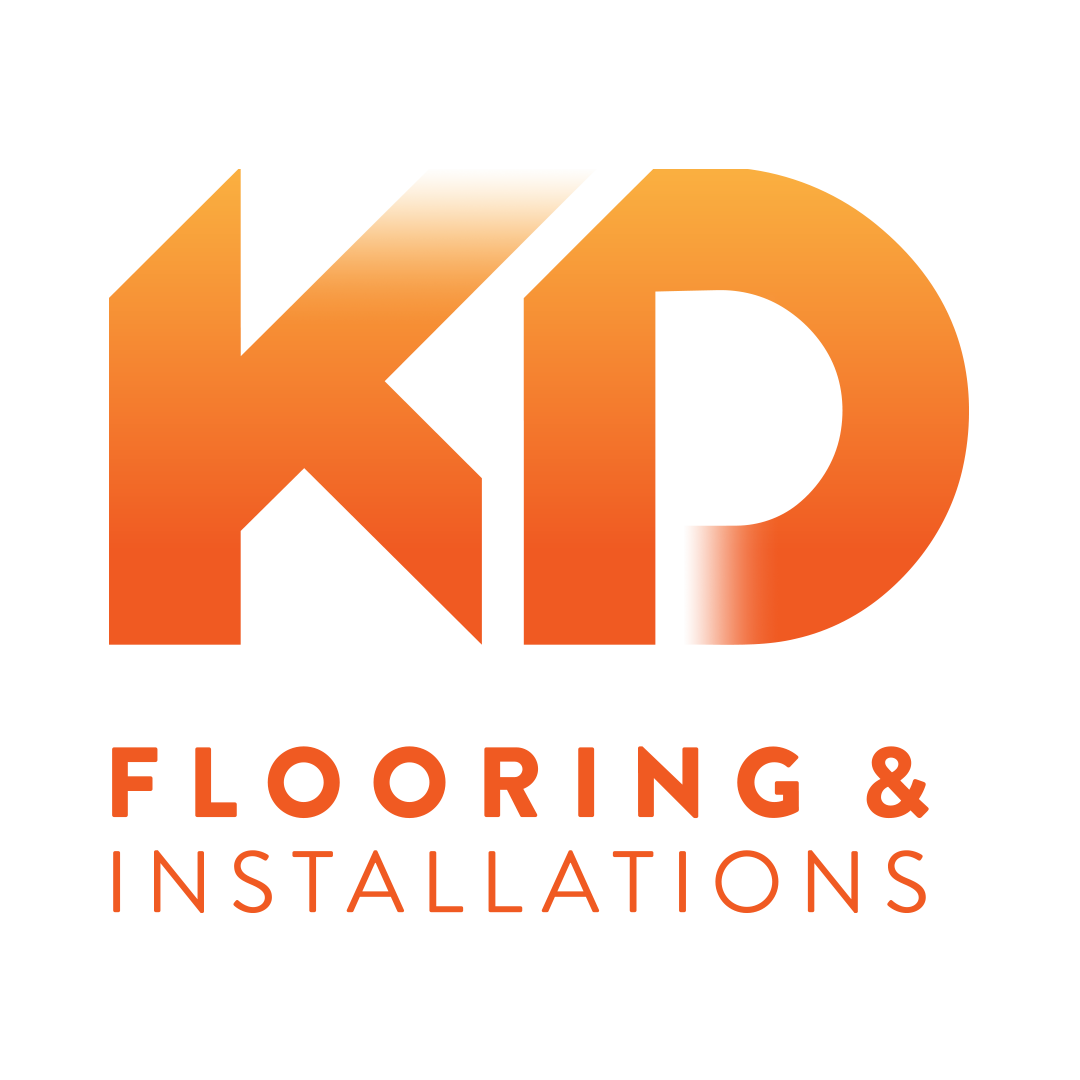MOISTURE BARRIERS
Prevent your finished flooring from being damaged by hydrostatic pressure.
Proudly serving San Diego County for over 30 years
Moisture barrier flooring is any type of flooring material that incorporates a built-in or added layer of protection against moisture. In environments where moisture is a concern, such as San Diego County's Sorrento Valley, Carlsbad, and business parks, specialized solutions like epoxy coatings and moisture barriers are essential. Epoxy moisture barriers, in particular, are coatings made from epoxy resins that form a protective layer over concrete surfaces, effectively reducing moisture vapor transmission and preventing issues like warping, de-lamination, and mold growth in flooring materials. These coatings are highly versatile and can be used in various applications, including industrial floors, commercial spaces, warehouses, garages, and residential basements. Properly installed epoxy moisture barriers provide reliable moisture protection, enhancing the durability and longevity of concrete surfaces while ensuring a safe and resilient environment for occupants.
Epoxy moisture barriers are specialized coatings applied to concrete substrates to prevent moisture intrusion and related issues such as mold, mildew, and damage to flooring materials. Here's a comprehensive overview:
What is an Epoxy Moisture Barrier?
Epoxy moisture barriers are coatings made from epoxy resins that form a protective layer over concrete surfaces. They are designed to reduce moisture vapor transmission (MVT) through concrete slabs, which can lead to flooring failures and other structural problems.
How Epoxy Moisture Barriers Work:
Sealing Properties: Epoxy moisture barriers penetrate the pores of concrete surfaces, creating a tight seal that prevents moisture from migrating upward.
Chemical Resistance: Epoxy resins are highly resistant to water and various chemicals, providing an effective barrier against moisture, oils, solvents, and other contaminants.
Bonding Strength: Epoxy coatings form a strong bond with the concrete substrate, creating a durable and long-lasting moisture barrier.
Benefits of Epoxy Moisture Barriers:
Moisture Protection: Epoxy moisture barriers effectively block moisture vapor transmission, preventing issues such as warping, delamination, and mold growth in flooring materials.
Enhanced Durability: These coatings improve the overall durability and longevity of concrete surfaces by protecting them from water damage and chemical exposure.
Versatility: Epoxy moisture barriers can be used in various applications, including industrial floors, commercial spaces, warehouses, garages, and residential basements.
Installation Process:
Surface Preparation: Proper surface preparation is crucial for the success of epoxy moisture barrier installation. This includes shot blasting or grinding, cleaning and repairing any cracks or defects in the concrete substrate.
Epoxy Coating Application: The epoxy moisture barrier is applied in one layer using a squeegee and roller, always following the manufacturer's recommended best practices.
Curing and Drying: After the moisture barrier is applied, the barrier needs sufficient time to cure and dry completely before it can be subjected to other flooring material. Once it dries, your preferred flooring (typically VCT, LVT, or carpet tile) can be applied.
Conclusion:
Epoxy moisture barriers are essential components of concrete flooring systems, providing reliable protection against moisture intrusion and ensuring the longevity and performance of the floor. By understanding their benefits and installation process, property owners can effectively safeguard their concrete surfaces against water damage and maintain a safe and durable environment.

